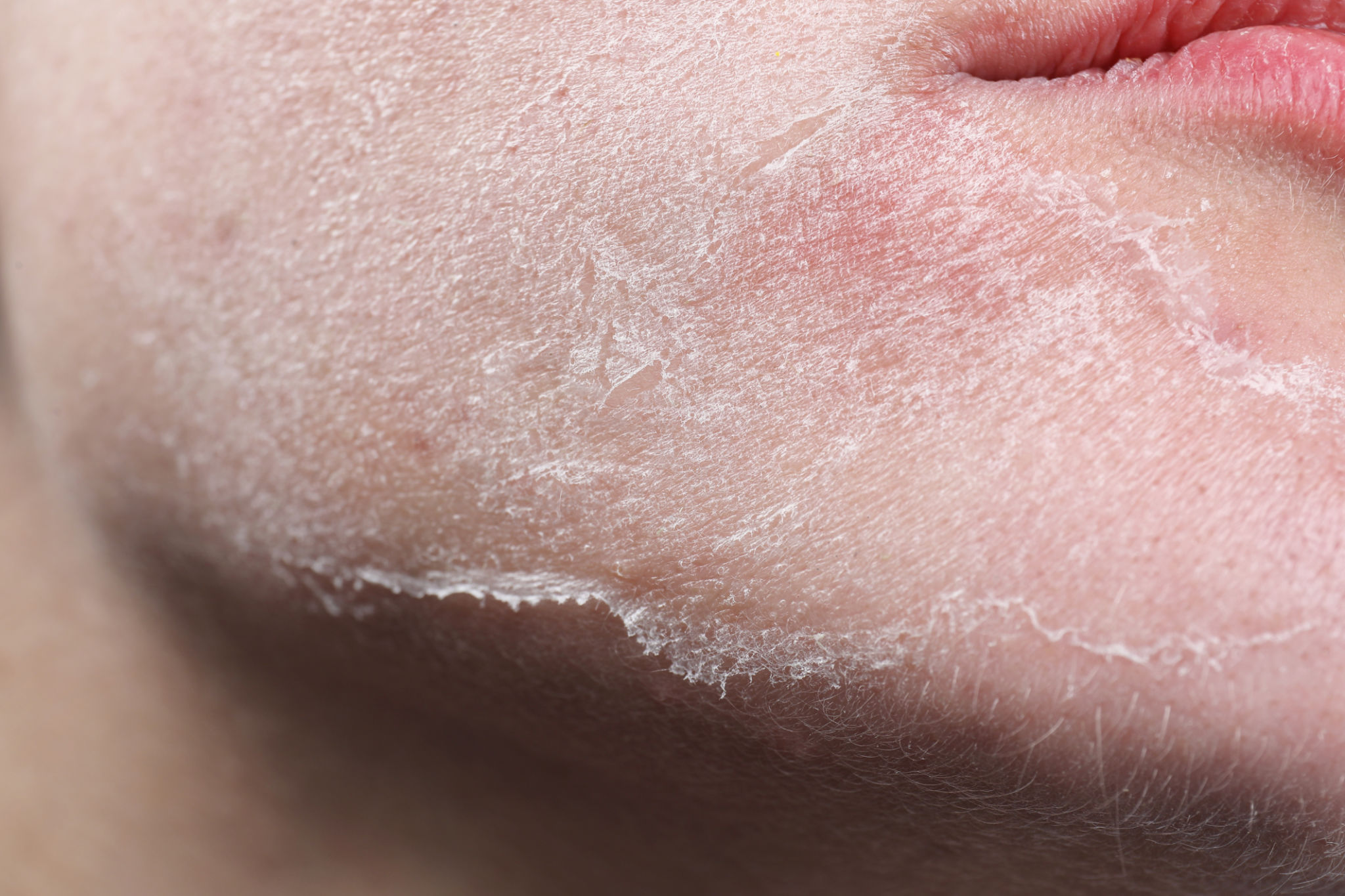The Impact of Gambia's Climate on Skin Health and How to Adapt
Understanding Gambia's Climate
The Gambia, located in West Africa, experiences a predominantly tropical climate. This unique climate poses various challenges to skin health due to its high humidity, intense sun exposure, and significant rainfall during the wet season. Understanding the climatic conditions is essential for adapting skincare routines accordingly.
The country experiences two main seasons: the dry season from November to May, and the wet season from June to October. Each of these seasons brings different environmental conditions that can affect skin health in specific ways.

Effects of Humidity on Skin
High humidity levels, particularly during the wet season, can lead to increased sweating and oil production, which may contribute to clogged pores and acne breakouts. Additionally, the moisture in the air can prevent sweat from evaporating, leaving skin feeling sticky and uncomfortable.
On the other hand, humidity can also be beneficial by helping to keep the skin hydrated. However, it's crucial to balance this by using lightweight, non-comedogenic skincare products to prevent blocked pores while ensuring adequate moisture retention.
Tips for Managing Humidity's Impact
- Opt for oil-free moisturizers that hydrate without clogging pores.
- Use gentle cleansers to remove excess oil and sweat without stripping the skin.
- Exfoliate regularly to remove dead skin cells and prevent buildup.
Sun Exposure and Its Implications
Gambia's geographic location results in strong sun exposure throughout the year. Prolonged exposure to UV rays can lead to sunburn, premature aging, and an increased risk of skin cancer. Protecting your skin from the sun is crucial for maintaining its health and appearance.

Sun Protection Strategies
Adopting effective sun protection measures is vital. Here are some strategies to help safeguard your skin:
- Use a broad-spectrum sunscreen with at least SPF 30 daily, even on cloudy days.
- Wear protective clothing, such as hats and long sleeves, when outdoors for extended periods.
- Seek shade during peak sun hours, typically between 10 AM and 4 PM.
Dealing with Dryness During the Dry Season
During the dry season, reduced humidity levels can lead to dry, flaky skin. This dryness can exacerbate conditions such as eczema and psoriasis. Therefore, it is important to modify skincare routines to maintain optimal hydration levels.

To combat dryness:
- Incorporate a rich moisturizer into your daily routine to lock in moisture.
- Use a humidifier indoors to maintain air moisture levels.
- Avoid hot showers that can strip natural oils from the skin.
Nurturing Your Skin in Gambia's Climate
Adapting your skincare routine to align with Gambia's climate is essential for maintaining healthy skin. By understanding the effects of humidity, sun exposure, and seasonal changes, you can develop a tailored approach that keeps your skin looking and feeling its best year-round.
Remember that consistency is key when it comes to skincare. Regular adjustments based on seasonal changes will ensure that your skin remains resilient against environmental stressors. By taking proactive measures, you can enjoy healthy, glowing skin despite the challenges posed by Gambia's climate.
